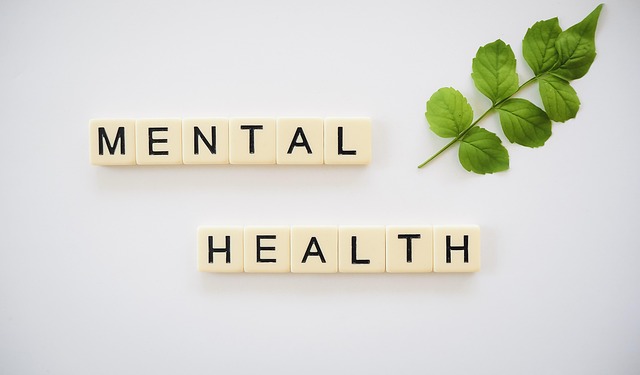
Summary
Federal funding cuts jeopardize addiction and mental health programs, impacting access to vital services and hindering recovery efforts. These cuts threaten the progress made in combating substance use disorders and mental illness, leaving vulnerable populations at risk. The long-term consequences of these cuts could be devastating, undermining community health and increasing the burden on healthcare systems.
** Main Story**
Okay, let’s talk about something pretty serious: the federal funding cuts impacting addiction and mental health programs across the US. It’s a real mess, and honestly, it feels like we’re taking steps backward.
Basically, the Trump administration decided to pull the plug on COVID-era funding that supported a ton of crucial services. We’re talking addiction recovery, mental health care, suicide prevention – the whole shebang. And you know what happens when funding disappears overnight? Chaos. Organizations are scrambling, people are getting laid off, and vital programs are getting axed.
The Ripple Effect
Now, the impact isn’t uniform. Some states are getting hit harder than others. Like, Colorado’s staring down the barrel of a $30 million loss, while Minnesota’s looking at nearly $28 million. Ouch. These cuts are especially brutal for addiction recovery programs, which, let’s be honest, do so much more than just traditional treatment. They’re helping people get back on their feet with job training, housing, social skills – the stuff insurance often doesn’t cover. You know, the real-life stuff. And yeah, mental health and suicide prevention are getting slammed, too, which is just pouring gas on the fire of the current mental health crisis.
One of the things that really gets me is how these cuts disproportionately affect vulnerable populations. I remember reading about this program in Minnesota focused on addiction within the East African community. They’ve had to drastically cut back their outreach. It’s heartbreaking to think about those people now without that vital support. 24/7 call lines are shutting down, too. So, if someone’s in crisis, where do they turn? It’s a recipe for relapse, overdose, and, tragically, suicide. It’s not good, it’s really not good.
More Than Just Money
But it’s not just the money, is it? The administration also reorganized the Department of Health and Human Services, consolidating SAMHSA. And that’s got a lot of people worried that addiction recovery work will get lost in the shuffle. Like it won’t be a priority anymore, and the funding, well, who knows what’ll happen to that? It just adds another layer of instability to an already shaky system. How are organizations supposed to plan for the future when the ground keeps shifting under their feet?
Actually, I heard that a judge temporarily blocked the cuts – a little bit of good news. But the damage is done, and the future is still super uncertain. A lot of orgainisations won’t rehire staff or bring back services yet, not until they’re 100% sure the funding isn’t going to get pulled again. Can you blame them?
Playing the Long Game
Honestly, I think the long-term consequences of these cuts are going to be devastating. Addiction recovery programs, they are are lifelines for people trying to rebuild their lives. Without enough money, these programs, some won’t survive. Also, the cuts to mental health services? They’ll probably make the mental health crisis so much worse. We could see more suicide and hospital admissions.
So, what’s the answer? Well, experts are begging policymakers to think again. They’re saying we need to invest in prevention, treatment, and recovery. And they’re right. Because the future of addiction recovery, and the well-being of so many Americans, depends on it. The future is looking uncertain, that’s for sure.


Be the first to comment